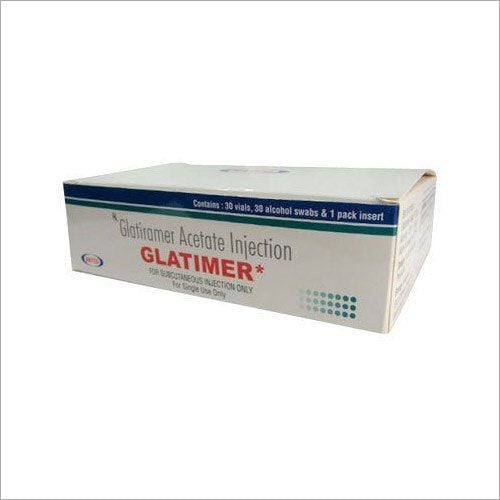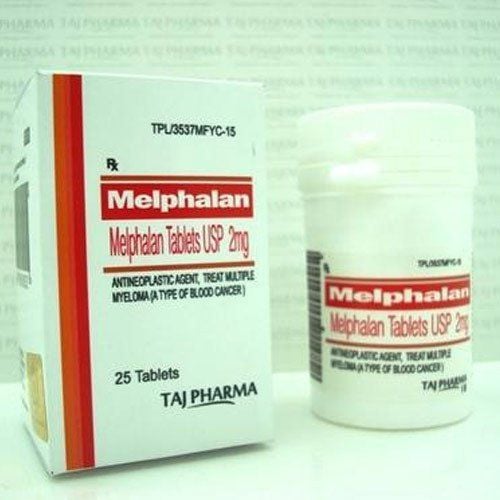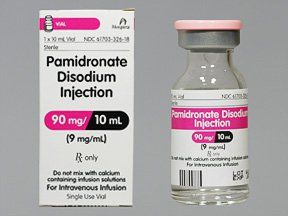This is an automatically translated article.
When you have multiple myeloma, your immune system is severely affected, which reduces your ability to fight off infections. Therefore, modern multiple myeloma treatments focus on the immune system. New drugs for multiple myeloma target the natural features of the immune system's ability to fight disease. Currently, there are many immunotherapy drugs that your doctor can use to treat you. Let's learn new knowledge about immunotherapy drugs for multiple myeloma with Vinmec in the article below.
1. What is multiple myeloma?
Multiple myeloma is a cancer of the plasma cells of the bone marrow. Other names for the disease are “myeloma” and “plasma myeloma.” Plasma cells make antibodies against infectious agents such as viruses and bacteria. malignancies are called myeloma cells.
2. New drugs to treat multiple myeloma
2.1. Immunomodulators These drugs have the ability to recognize cancer cells and attack them. Three common immunomodulatory drugs today include:
Thalidomide (Thalomid) works to reduce blood supply to tumors. It was first used to treat myeloma in the late 1990s. Before that, it was used as a sedative and to relieve nausea in pregnant women until it was discovered to cause birth defects. Lenalidomide (Revlimid) is being studied as a more potent form of thalidomide. Pomalidomide (Pomalyst) is the latest studied immunomodulatory drug that has been approved by the FDA for the treatment of multiple myeloma. Although there are many outstanding advantages in the treatment of multiple myeloma, these immunotherapy drugs also cause some common side effects such as:
Anemia (lack of red blood cells): typical with symptoms of fatigue, weakness, dizziness, dizziness and some other symptoms. Leukopenia (low white blood cell count): this can make it difficult for you to fight infections. Nerve disorders: Taking this medicine can cause nerve damage that can range from a tingling sensation to severe pain in the arms and legs. Blood clots: You're more likely to get blood clots that travel to your lungs from your legs. 2.2. CAR T-cell therapy Chimeric antigen receptor (CAR) T-cell therapy involves versions of T cells (disease-fighting white blood cells) that have been genetically reprogrammed so that they have the ability to search for and attach to specific receptors on cancer cells. If previous treatments for multiple myeloma have failed, you may be offered this therapy with drugs such as idecabtagene vicleucel (Abecma), also known as Ide-cel.
2.3. Interferon This drug strengthens the immune system and promotes healthy cells towards cancer cells to destroy them. It is injected into the skin two to three times a week. You may feel flu-like symptoms after the injection.
2.4. Monoclonal antibodies These are man-made antibodies that target antigens, or substances that cause your immune system to respond to tumors. Here are some new drugs for multiple myeloma that have been successfully researched.
Daratumumab (Darzalex): Once in the body, the drug attaches to many myeloma cells then signals the immune system to attack these tumor cells. When other treatments do not work, you may be prescribed this method. A few hours after the injection, you may experience some side effects such as coughing, wheezing, or difficulty breathing. You may also experience a runny nose and headache, and possibly even a rash. If one of these symptoms occurs to you, your doctor may adjust the dose or frequency or add another medication to ease or stop the symptoms. Elotuzumab (Empliciti) works by the same mechanism as daratumumab. It can also make you cough, wheeze, or have trouble breathing. You may also have a runny nose, headache, and fever, or get a respiratory infection, and possibly even a rash or diarrhea. In addition, you may feel extremely tired or have weakness or numbness in your hands and feet. Isatuximab (Sarclisa) also binds to myeloma cells and works with the immune system to destroy them. When two other therapies have failed, isatuximab may be indicated. You may also have a reaction after taking this medicine, including coughing, trouble breathing, chills, or nausea. Other common side effects include diarrhea, pneumonia, anemia (low red blood cell count), upper respiratory tract infection, and thrombocytopenia (low blood platelet count).
3. Other clinical trials
There are several immunotherapies for multiple myeloma being researched and developed. Includes:
T-cell transfer-culture: This process uses your body's own T cells to destroy cancer. Checkpoint Inhibitors: Drugs that reverse the checks and balances in the immune system. It can turn off functions that are turned off (such as stopping the growth of cancer cells) and turn off other functions (such as those that help cancer cells grow). Cytokines: These messenger molecules control the development and functioning of the immune system. Oncolytic virus therapies: These treatments use a modified virus to kill cancer cells and boost your immune response against cancer. Vaccines: These work like common vaccines to kick-start the immune system to attack cancer cells. In short, immunomodulators strengthen the body's natural defenses in the fight against cancer. And more research remains to be done on methods to kill cancer cells directly or reduce the side effects of cancer treatments.
Please dial HOTLINE for more information or register for an appointment HERE. Download MyVinmec app to make appointments faster and to manage your bookings easily.
Reference source: webmd












